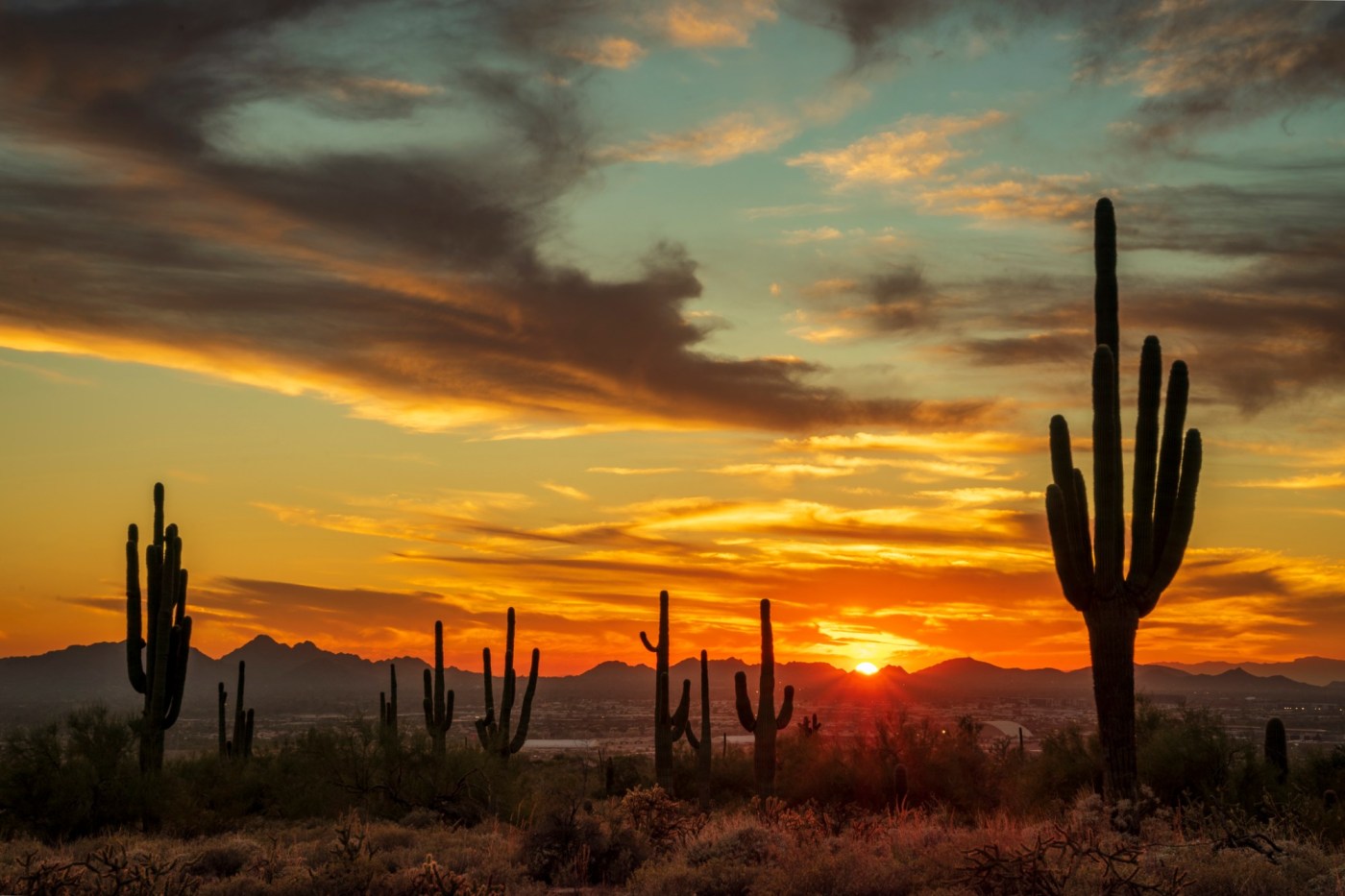In their recent works, authors Paul Andrew Hutton and Peter Cozzens explore the complex tapestry of American history through the lens of the American West. Hutton’s book, “Undiscovered Country: Triumph, Tragedy and the Shaping of the American West,” spans centuries, beginning before the American Revolution when the concept of the “West” was fundamentally different. Cozzens’ book, “Deadwood: Gold, Guns and Greed in the American West,” takes a more focused approach, examining the town of Deadwood to reveal broader themes of economic exploitation and the displacement of Native Americans.
Both authors emphasize personal narratives to communicate their larger themes. Hutton recounts the lives of figures such as Daniel Boone, Davy Crockett, Sitting Bull, and Buffalo Bill Cody. In contrast, Cozzens highlights characters like Seth Bullock, Al Swearengen, and Wild Bill Hickok, who are also familiar to audiences through the acclaimed HBO series “Deadwood.” Despite their different scopes, both texts share a commitment to illuminating the experiences of Native peoples during the tumultuous westward expansion.
Contrasting Perspectives on America’s Identity
A recent joint presentation by Hutton and Cozzens at the Buffalo Bill Center in Cody, Wyoming, showcased their complementary insights. Their conversation included reflections on what their books reveal about America today. Hutton expressed that the story of the West is integral to understanding American identity. He cited historian Frederick Jackson Turner, who argued that the West contributed to America’s uniqueness rather than simply superiority. Hutton stated, “Looking at both Native and pioneer lives gives us a sense of where we came from. That’s essential in a democratic republic.”
He further noted his intention to present a balanced view, avoiding both guilt and triumphalism. Hutton asserted that while the development of the American West is a significant aspect of the nation’s rise, it is also marked by stark tragedies, emphasizing the pain that accompanies the birth of a nation.
Cozzens, on the other hand, used Deadwood as a case study to illustrate the consequences of unchecked greed. He remarked, “Deadwood was not only a lawless town but intrinsically a lawless enterprise.” His work challenges readers to consider the moral implications of actions taken in the pursuit of profit, highlighting how these decisions shaped the nation.
Reflections on Historical Narratives and Myths
The conversation also delved into the narratives that persist in American culture, particularly regarding westward expansion. Hutton acknowledged that while pride in the nation is not inherently problematic, it is crucial to remain aware of the injustices faced by Native Americans. He cautioned against the resurgence of concepts like “manifest destiny,” which he views as misguided in the context of contemporary politics.
Cozzens echoed this sentiment, emphasizing the need to recognize the complexities of the past, including the injustices committed against Native Americans. He reflected on the duality of characters like Seth Bullock, who emerged as a personal hero in his narrative, yet were also part of a broader system of trespass and exploitation on lands designated for Indigenous peoples by treaty.
As the discussion shifted to the evolution of American icons, both authors noted the impact of contemporary media. Cozzens remarked on the shift from historical figures like Boone and Crockett to characters from “Deadwood.” He expressed concern that while these portrayals are entertaining, they may oversimplify the complexities of the West, stating, “To assume the show encapsulated what the entire West was like is a mistake.”
Hutton concurred, noting the current popularity of Western-themed media, including Taylor Sheridan’s “Yellowstone” series, as a reflection of an ongoing cultural fascination. He believes that these narratives can foster a positive outlook, stating, “The Western spirit is a positive one, and God knows we could use a little positivity in the United States these days.”
Hutton and Cozzens’ works shed light on the multifaceted history of the American West, illustrating how triumph and tragedy are interwoven in the nation’s narrative. Their insights invite readers to reflect on the complexities of American identity, urging a balanced perspective that acknowledges both the achievements and the injustices of the past.







